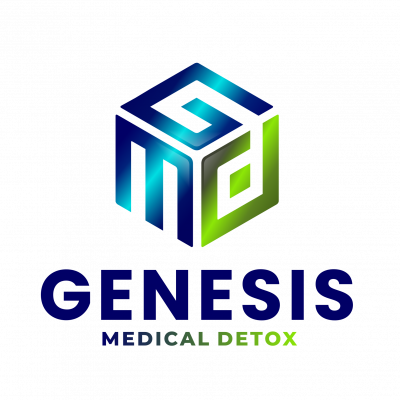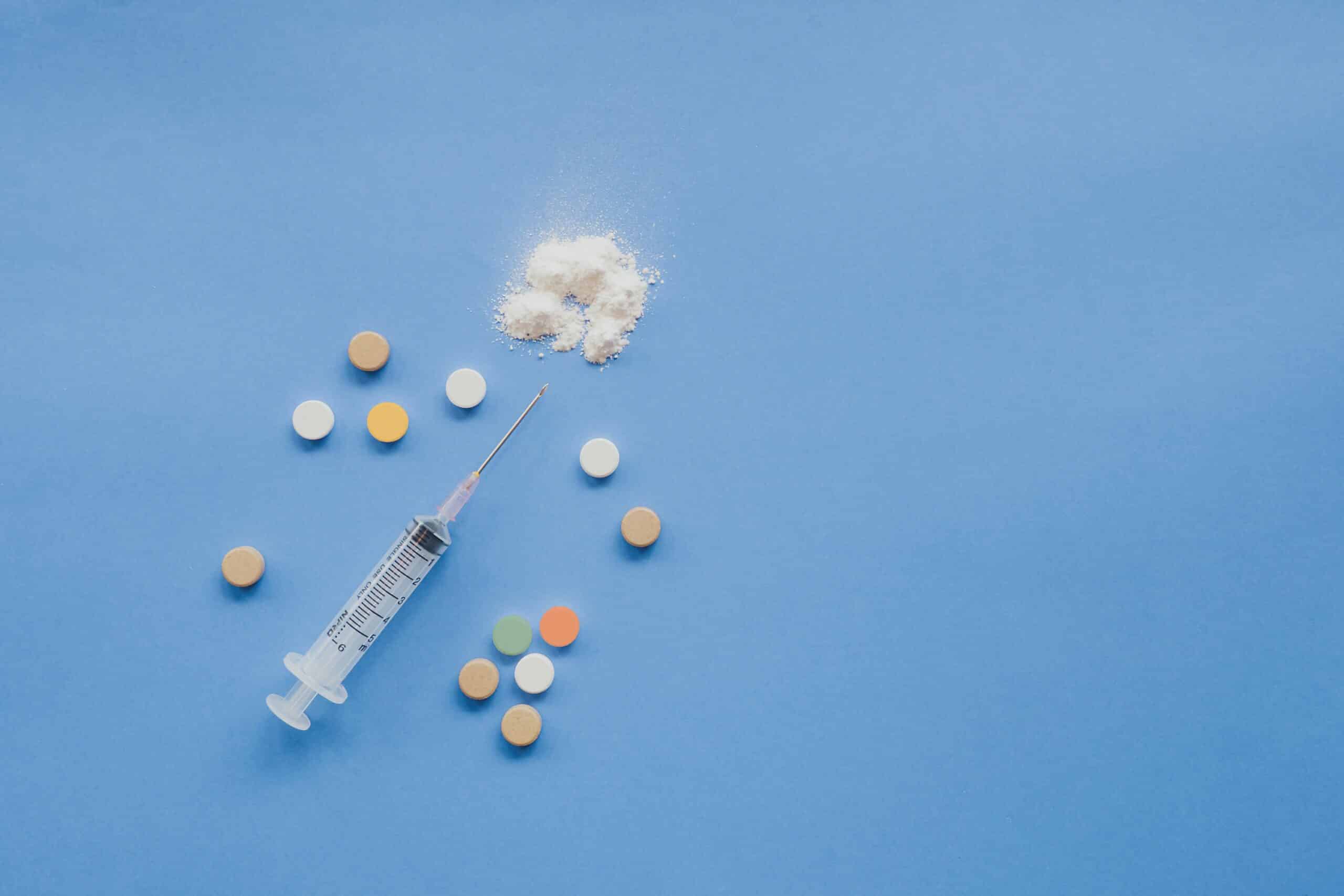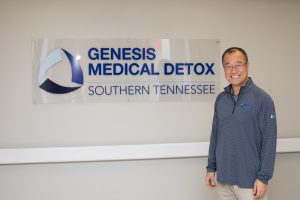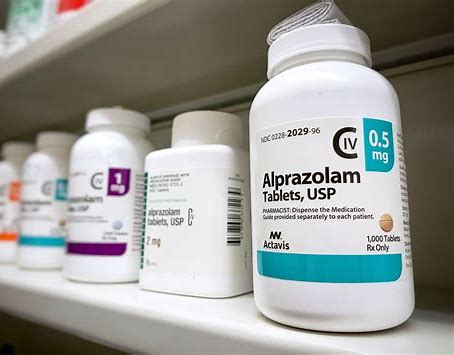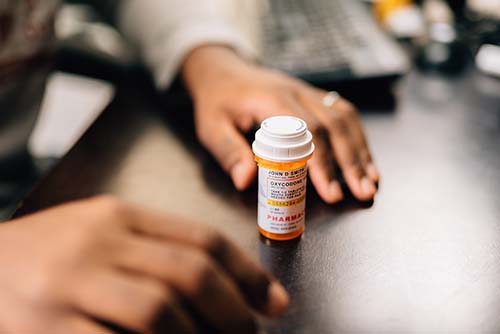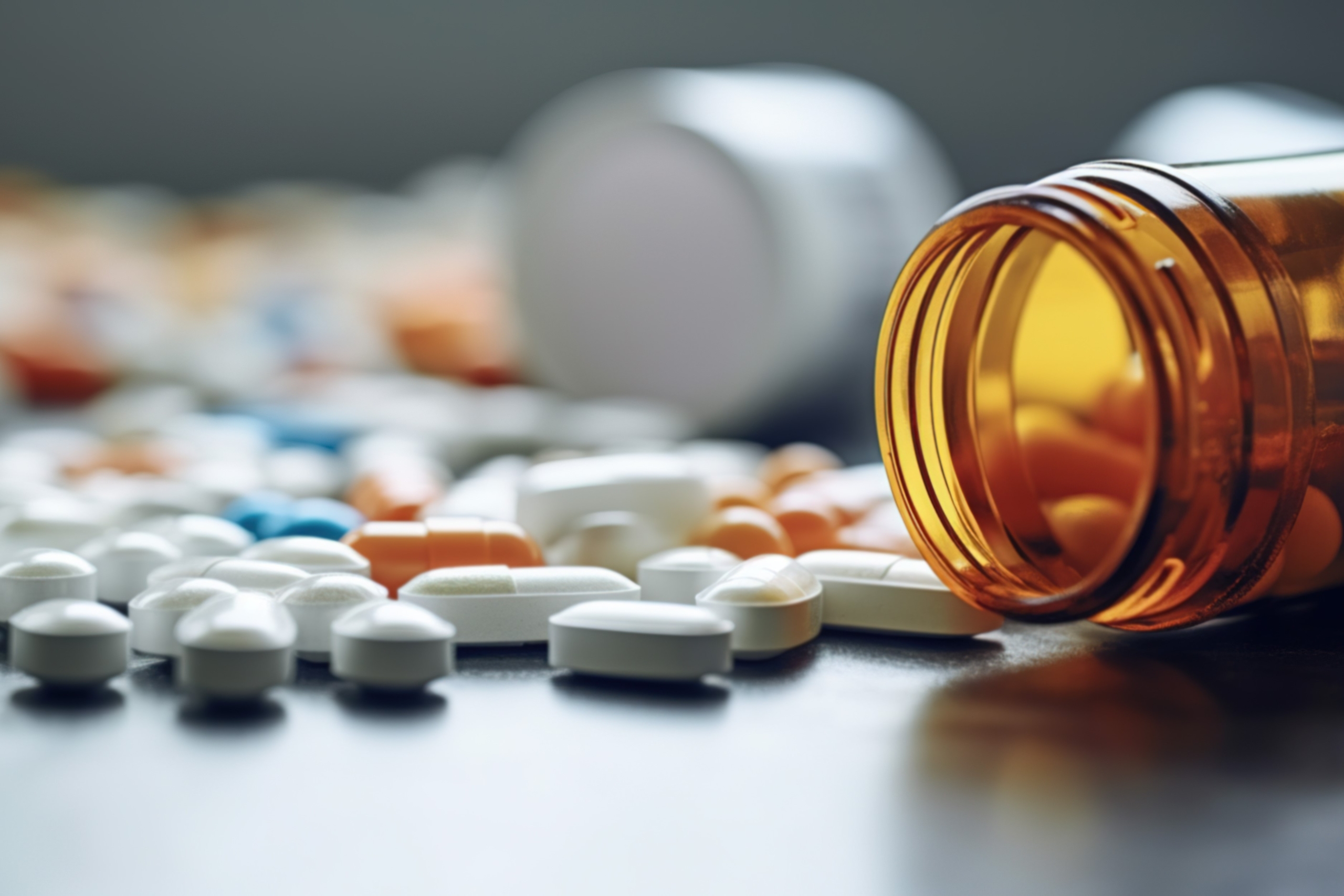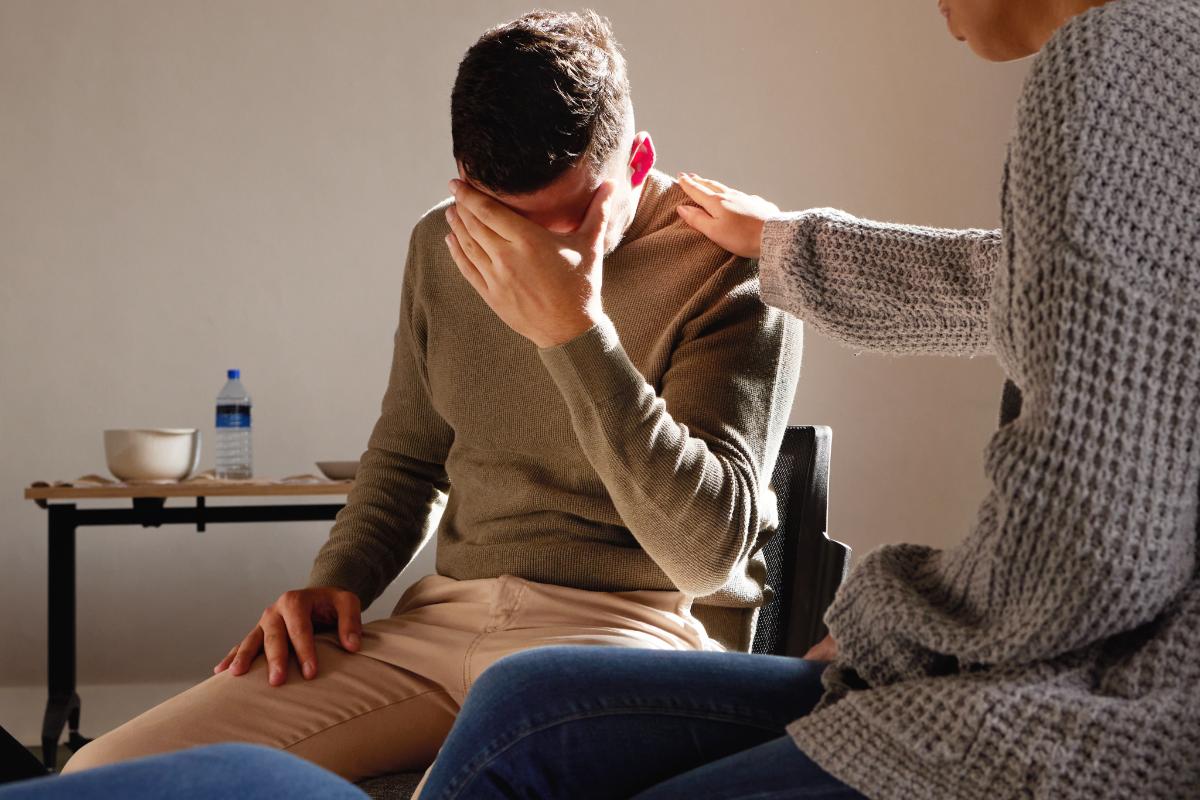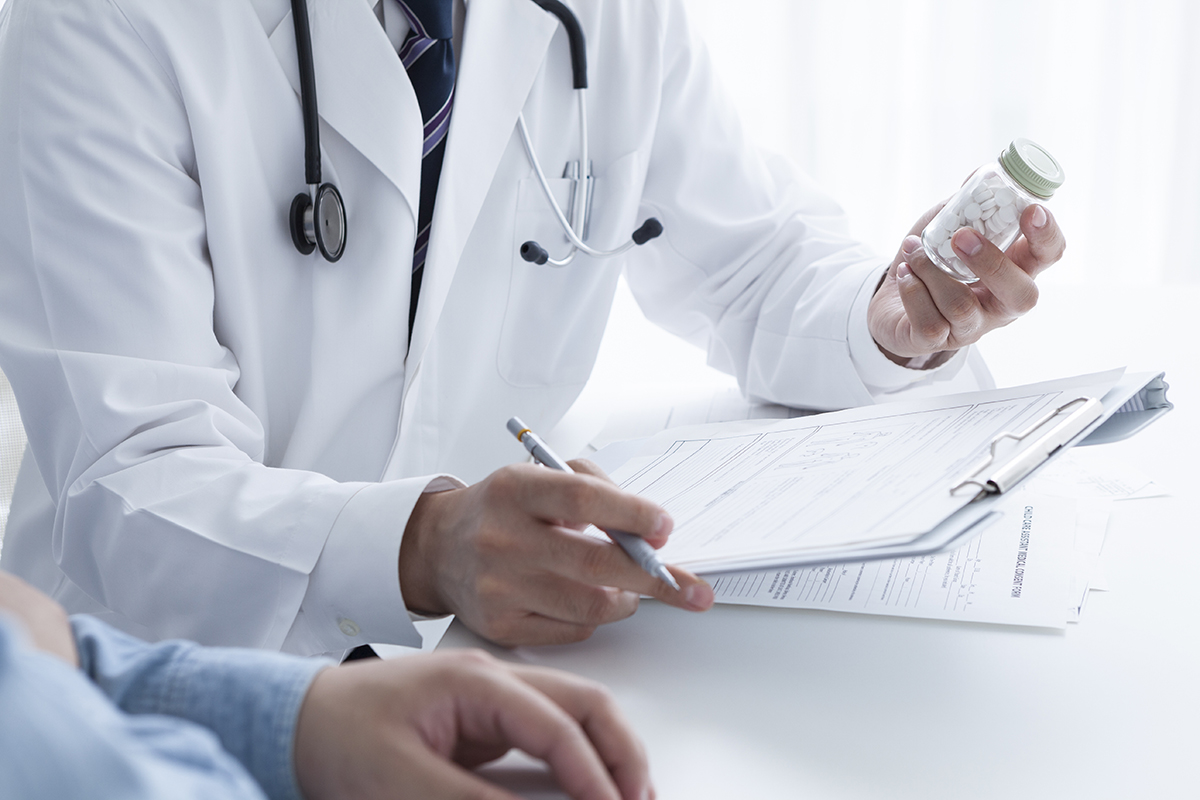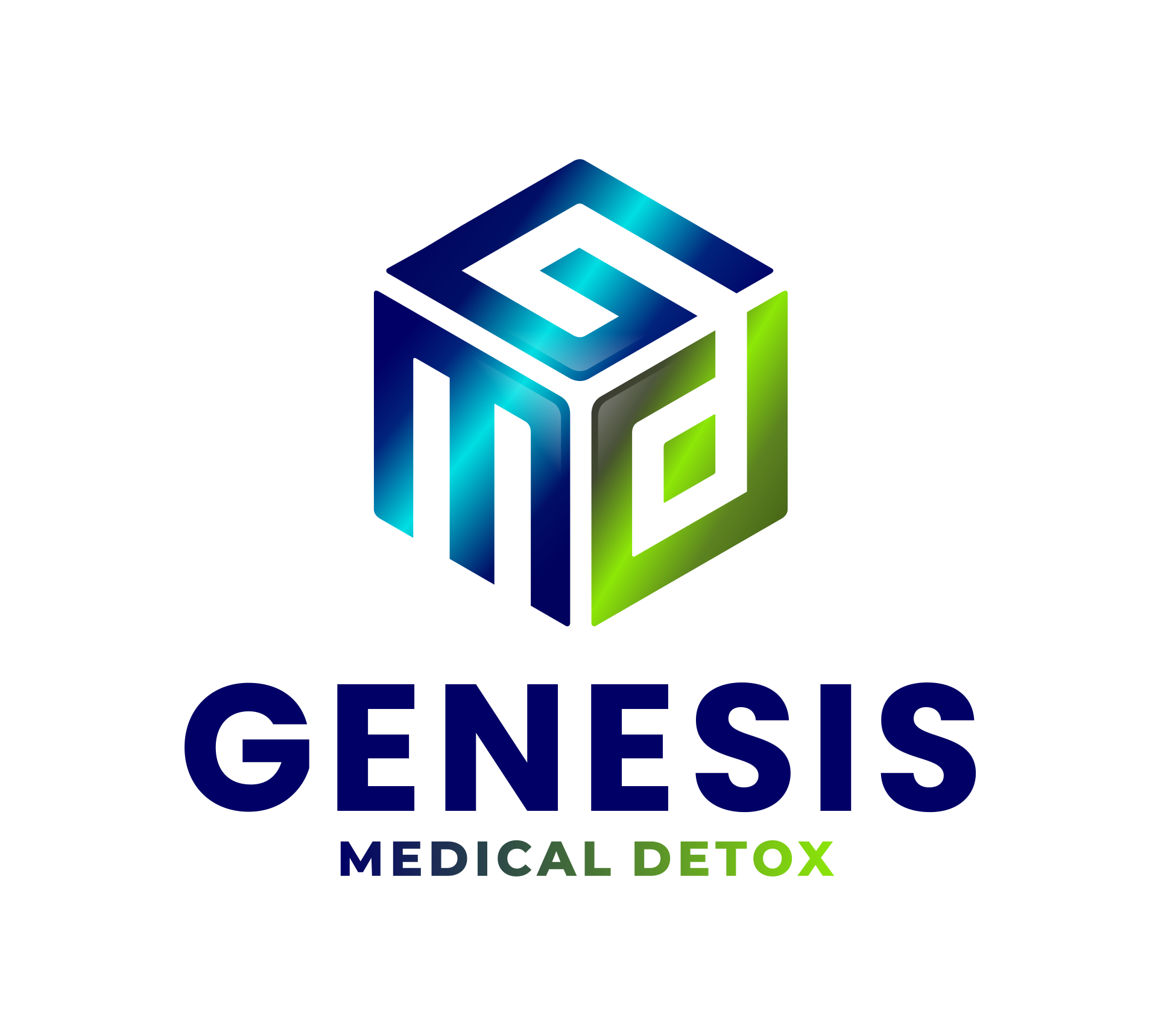Comprehensive Guide to Drug Detox: Understanding the Process, Treatment, and Recovery
Drug addiction is a complex and multifaceted issue that affects millions of individuals and their families. One of the essential steps in the journey to recovery is drug detoxification, or detox. This comprehensive guide delves into the various aspects of drug detox, offering insights into the process, treatment options, and support for recovery.
What is Drug Detox?
Drug detox is the process of removing toxic substances from the body, allowing the individual to overcome physical dependence on the drug. It’s a critical first step in addiction treatment.
Definition and Purpose
Detoxification involves managing withdrawal symptoms while the body adjusts to the absence of the drug. This phase can be challenging but is vital for clearing the path to recovery.
Common Substances Requiring Detox
Different substances require specific detox approaches. Common substances include:
Opioids
Including prescription painkillers and heroin, opioids are known for their highly addictive nature.
Alcohol
Various alcoholic beverages can lead to dependence, requiring specialized detox.
Benzodiazepines
Used for anxiety and sleep disorders, these medications can lead to physical dependence.
Cocaine
A powerful stimulant that can lead to severe addiction.
Methamphetamines
Highly addictive stimulants that can have devastating effects on health.
Each substance presents unique challenges and requires specialized care.
Symptoms of Drug Withdrawal
Withdrawal symptoms vary widely and may include:
Physical Symptoms
From anxiety and depression to nausea and muscle aches, physical symptoms can be debilitating.
Psychological Symptoms
Cravings, irritability, and confusion are common psychological symptoms that require careful management.
Understanding these symptoms is crucial for effective treatment.
Types of Drug Detox
Several approaches to drug detox exist:
Medically Supervised Detox
Under the care of medical professionals, this approach ensures safety and comfort.
Inpatient Detox
Providing a controlled environment with 24/7 support, inpatient detox is ideal for severe addictions.
Outpatient Detox
Allowing individuals to live at home while attending treatment, outpatient detox offers flexibility.
Natural Detox
Quitting without medical intervention can be dangerous and is generally not recommended.
Treatment Options and Therapies
Various treatments and therapies support long-term recovery:
Medical Treatments
From managing withdrawal symptoms to treating co-occurring mental health conditions, medical treatments play a vital role.
Counseling and Therapy
Individual and group therapy sessions help address underlying psychological issues and develop coping strategies.
Holistic Approaches
Holistic therapies like acupuncture, yoga, and meditation may complement traditional treatments, focusing on overall well-being.
Recovery and Ongoing Support
Recovery requires ongoing support:
Importance of Aftercare
Aftercare programs provide continued support to prevent relapse and promote healthy living.
Support Groups and Community Resources
Support groups offer peer support, while community resources provide educational and vocational assistance.
Finding the Right Detox Facility
Choosing the right detox facility is critical:
Factors to Consider
- Accreditation and Licensing: Ensure the facility meets industry standards.
- Treatment Methods and Philosophies: Understand the approach to care.
- Staff Qualifications: Check the credentials of the staff.
- Cost and Insurance Compatibility: Consider financial aspects.
Questions to Ask
- Types of Detox and Treatment: Understand what’s offered.
- Staff-to-Patient Ratio: Assess the level of personal attention.
- Aftercare Handling: Know the long-term support plan.
Personal Stories and Testimonials (Optional)
Including personal stories or testimonials from those who have gone through detox can provide real-world insights and encouragement.
Special Considerations
Pregnant Women
Detox during pregnancy requires specialized care to protect both mother and baby.
Adolescents
Young people may need tailored treatment that considers developmental stages.
Co-Occurring Disorders
Addressing mental health issues alongside addiction is crucial for comprehensive care.
Conclusion
Drug detox is a vital and complex part of the recovery journey. Understanding the process, knowing the treatment options, and finding the right facility can make this challenging phase more manageable.
If you or a loved one is struggling with addiction, seeking professional help can make a significant difference. Reach out to addiction specialists in your area to explore personalized treatment options tailored to your unique situation.
